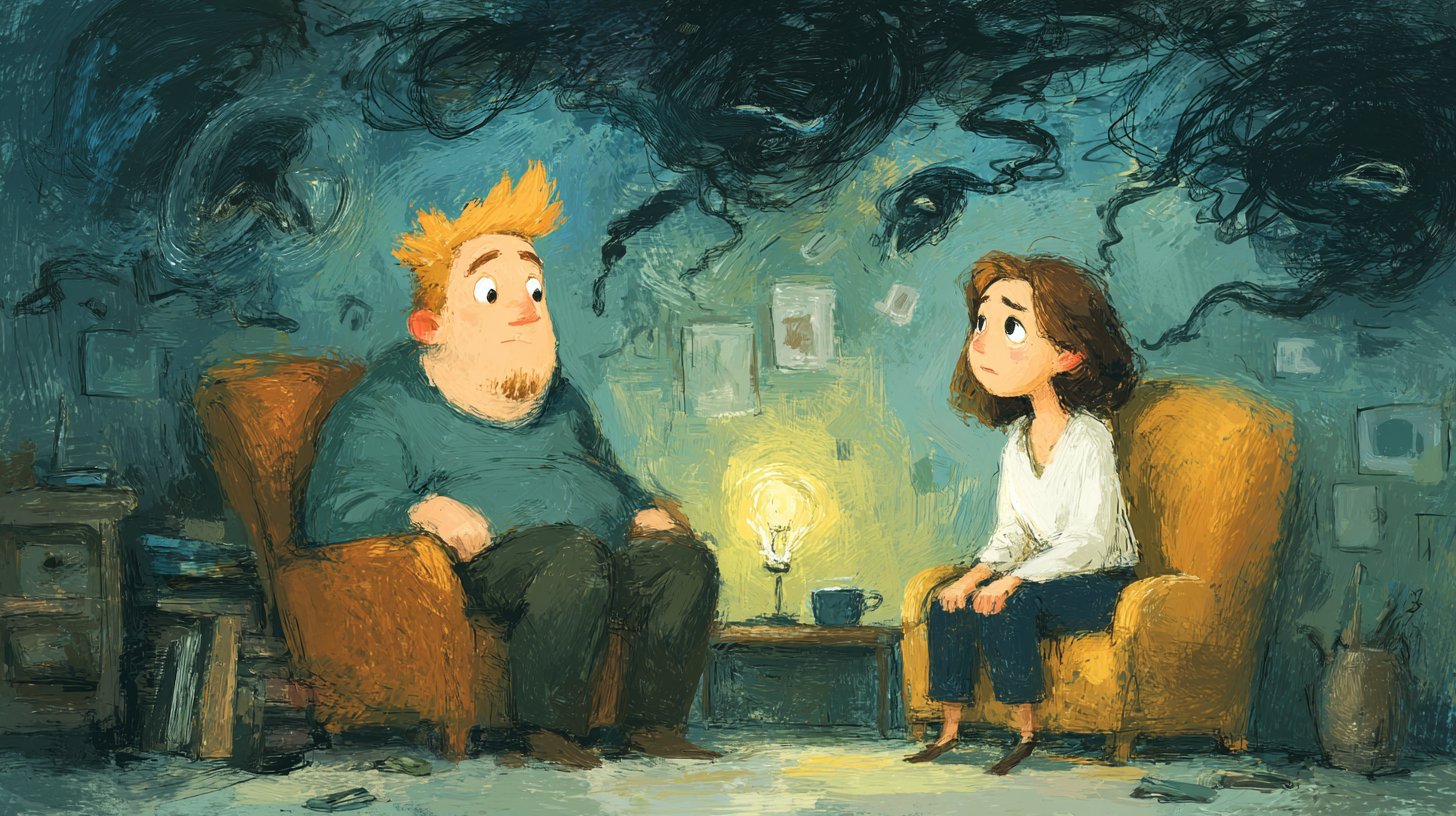Negative Thought Patterns That Often Lead to Marriages: An Analysis

In a relationship, communication, understanding, and empathy play a central role. However, it is often negative thought patterns that unknowingly alienate couples. These patterns can cloud the view of the partner and endanger the common basis.
An examination of the most common negative thought patterns can be helpful in reflecting on one's own behavior. Recognizing how thought patterns influence communication is the first step to strengthening the relationship. Couples can achieve a lot through targeted conversations and self-critical reflection. It is important to be open to one's own weaknesses and to understand how these can burden the togetherness.
The Everyday Pattern of Negative Assumptions
The first pattern that often leads to tensions is negative assumptions. When we believe we know what our partner thinks or feels without actually questioning it, we quickly go astray. Such assumptions are often based on our own experiences or prejudices. Instead of asking questions and clarifying, we jump to conclusions. This can lead to misunderstandings and often erodes the connection between partners. Through open conversations and the courage to ask, many of these misunderstandings can be cleared up.

The Urge for Criticism and Negativity
Another common pattern is the urge to criticize. This often happens unconsciously; we tend to highlight our partner's mistakes. Constant criticism can quickly be perceived as attacks and significantly diminish the partner's self-esteem. A constructive approach to criticism is essential. Instead of emphasizing the partner's faults, couples should learn to appreciate the positive qualities. This creates a more pleasant atmosphere and promotes mutual trust.

Avoiding Conflicts
Avoiding conflicts is another thought pattern that can be harmful in the long run. Couples who do not address conflicts often believe they are protecting the relationship. However, the opposite is often true. Unspoken emotions and unsaid problems accumulate and can eventually erupt like a volcano. Instead of shirking from conflicts, couples should learn to argue respectfully. Conflicts can often represent an opportunity to grow and strengthen the relationship. An open ear and understanding for one another help to find solutions and clarify misunderstandings.

Overall, it is important to become aware of these negative thought patterns. Reflecting on one's own thought patterns is the first step to bringing about change. The more couples are able to question their attitudes and communicate constructively with each other, the better they can cope with challenges and strengthen their relationship.
In summary, it is crucial to recognize these negative patterns and actively work on changing them. Relationships require continuous care, and awareness of thoughts and their effects can lead to couples living with greater happiness and fulfillment. The path to a strong relationship is based on communication, understanding, and the willingness to work together on the relationship. Believe in the power of love and invest time in your partnership – it will be worth it.


